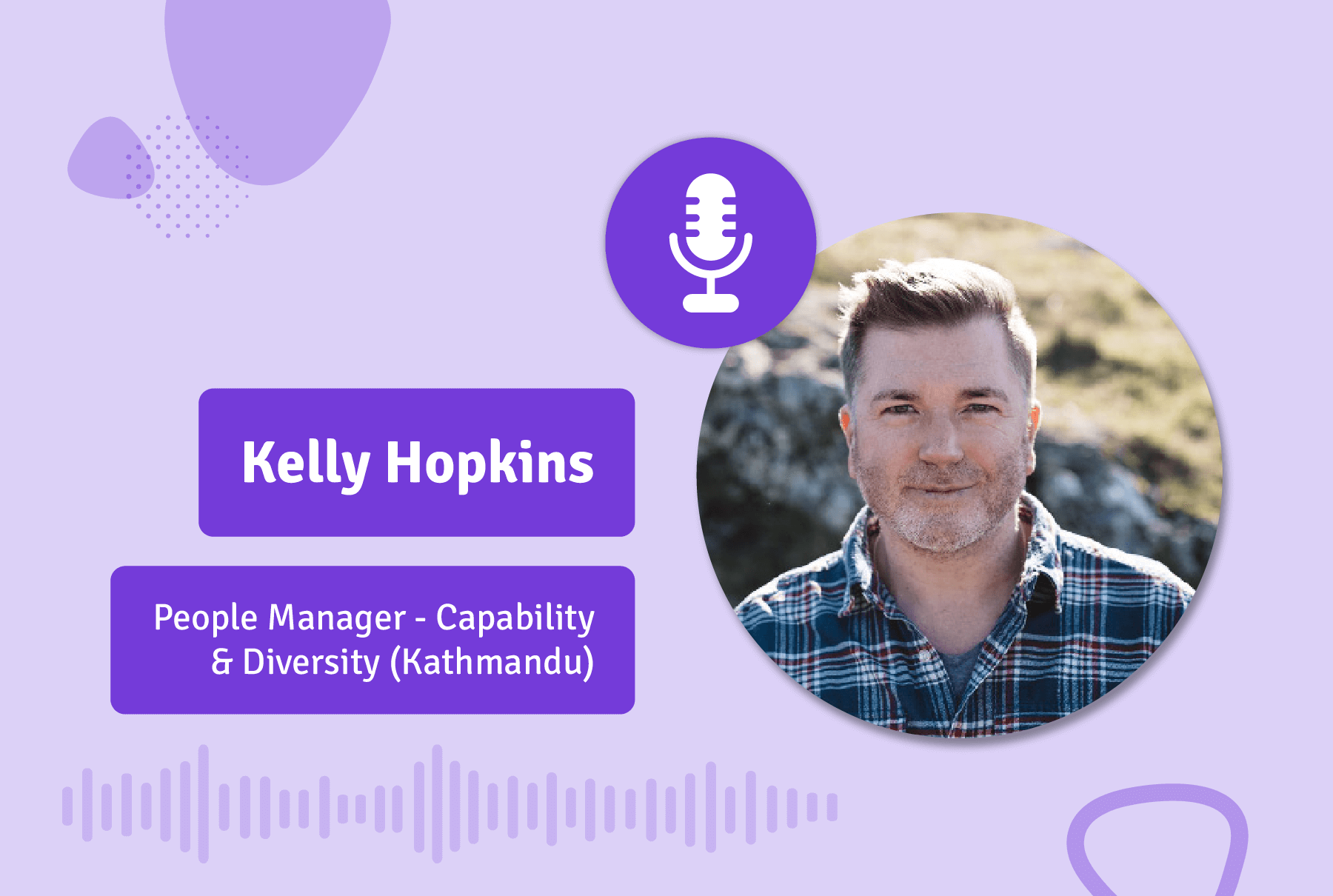Breaking Down Transferable L&D Strategies from Kathmandu

Learn why it’s important to build trust in people leaders, the power of coaching and how to address high turnover in newer employees.
Kelly Hopkins, People Manager of Capability and Development at Kathmandu, joins Blake Proberts on the Strategic L&D Podcast to talk about utilising technology to align business objectives with learning objectives. They also chat about why you need to go out and listen to people leaders to build trust, and what to do when you have a high turnover of early-tenure employees. Hint: Address your onboarding training experience. Listen to the full episode above or watch below.
Key takeaways
“It’s traditionally been quite hard to measure return on investment against training and business. If… you look at the cost of business and identify what it is that you’re trying to do, what are you trying to solve… you make an impact.”
1. Think about ROI as what you’re trying to impact.
Various metrics like NPS scores and internal promotions can be used to show the impact of training.
“To have effective and consistent learning across the business, everybody needs to be learning from each other.”
2. Focus on the culture of learning.
To really have an impact, learning should be steeped into the workplace. Don’t just consider managers as coaches; peers can coach each other, too (and for better ROI and a shared purpose).
“It’s, ‘We’re going to support you and provide you with opportunities to develop yourself in the way that you want to be developed.'”
3. Make training a personal EVP.
Group into three questions: How can I become better at my current job? What can I develop to prepare for my next job? What can I develop to become closer to the person I want to be?
“Each department has their own budget annually… you have to be able to go and make a case to each of them. My job is to understand what’s in each bucket, and what the priorities of that team is.”
4. Network with stakeholders.
Get to know your executive team leaders and what their people need from training. That’ll make it easier to sell the whole-of-organisation training initiatives.
“My belief is that you don’t need to learn everything sitting in front of a computer. Because you can have this online course… stand up, you walk away, you’ve forgotten it.”
5. You have to cue in coaches.
Literally. Cue cards around the workplace combined with digital enablement will give you the best chance of knowledge sticking.
See more from our host: Blake Proberts
Learn about our guest: Kelly Hopkins
Hear more of the Strategic L&D Podcast on Spotify and Apple. You’ll also find us in video form on YouTube.